Imagine a single plant that has been called the “miracle tree,” used for centuries in Asia and Africa, yet still remains a mystery to most of the world. According to the National Institutes of Health, moringa is one of the most nutrient-dense plants ever studied. But here’s the surprising part—while moringa leaves have made it into wellness trends, very few people actually know the full spectrum of what this plant can do.
That gap in awareness is exactly why you’re here. This article uncovers 10 little-known benefits of moringa that 90% of people have likely never heard about. Beyond the usual “it’s healthy” claims, we’ll dive into specific, practical ways moringa might support your energy, digestion, skin, immunity, and more. Backed by tradition and supported by growing scientific interest, these benefits could inspire you to add moringa into your routine in new and creative ways. By the time you finish reading, you’ll not only know why moringa has earned its legendary status but also how to make it a valuable part of your everyday life.
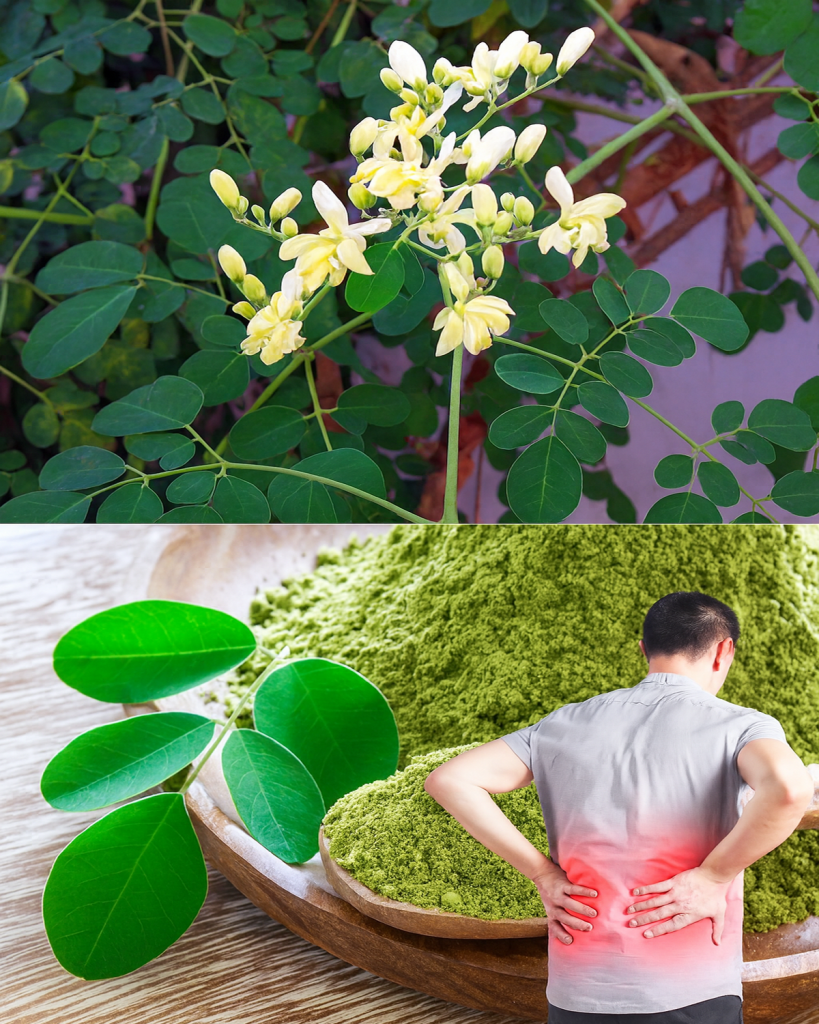
What Makes Moringa Special?
Before exploring the hidden benefits, let’s take a step back. Moringa oleifera is a fast-growing tree native to India, now cultivated worldwide for its resilience and nutrient-rich profile. Every part of the tree—leaves, seeds, flowers, and roots—has been used in food and traditional wellness practices. Its leaves alone contain protein, calcium, potassium, iron, and vitamins A and C in amounts that often surpass common vegetables. This nutritional foundation sets the stage for its lesser-known advantages.
1. Natural Energy Without Caffeine
Many of us depend on coffee or energy drinks for a quick lift, but moringa offers a different path. Thanks to its amino acids and antioxidants, moringa provides steady vitality without the crashes associated with caffeine. In rural India, workers often chew roasted moringa seeds before long days in the field. For busy professionals, a morning smoothie with moringa powder can offer the same sustained focus and energy.
2. Gentle Support for Blood Sugar Balance
Emerging research suggests that compounds in moringa may help regulate glucose levels. In traditional settings, moringa is often added to carbohydrate-heavy meals to reduce energy dips. While it is not a replacement for medical management, adding moringa to your diet might help reduce post-meal sluggishness. Think of it as a small nutritional ally in maintaining stable energy throughout the day.
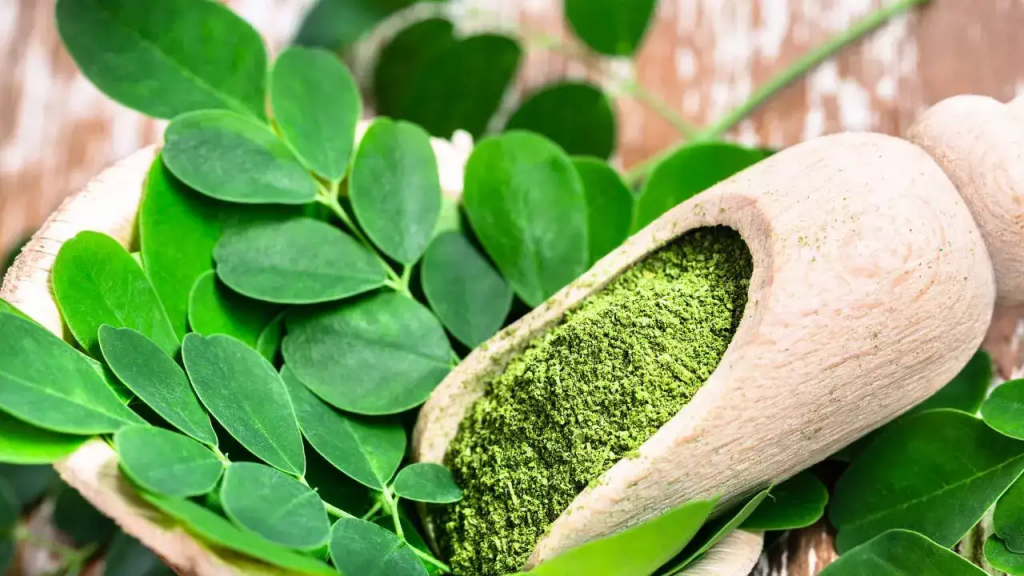
3. Skin Radiance from the Inside Out
Most people rely on creams or serums for healthy skin, but moringa provides nourishment at a deeper level. Rich in vitamin C, vitamin E, and unique plant oils, moringa may help maintain skin hydration and resilience. In some African communities, moringa seed oil is used directly as a moisturizer. When consumed, its nutrients can complement your skincare routine naturally, making your glow more than skin-deep.
4. Everyday Detox Support
Your body is constantly detoxifying through the liver and kidneys, and moringa may help lighten that workload. With high levels of fiber and chlorophyll, moringa supports digestion and elimination. Interestingly, crushed moringa seeds have been used for generations to purify drinking water—a reminder of their cleansing properties. Including moringa tea or powder in your diet can provide gentle support for your natural detox systems.
5. Joint and Bone Wellness
Bone strength isn’t just about calcium. Moringa contains magnesium, phosphorus, and plant compounds with anti-inflammatory properties. These nutrients work together to support flexibility and reduce everyday stiffness. In many households across South Asia, moringa pods are added to curries to help older family members maintain mobility. If you’re looking for a food-based way to support long-term bone health, moringa is worth considering.
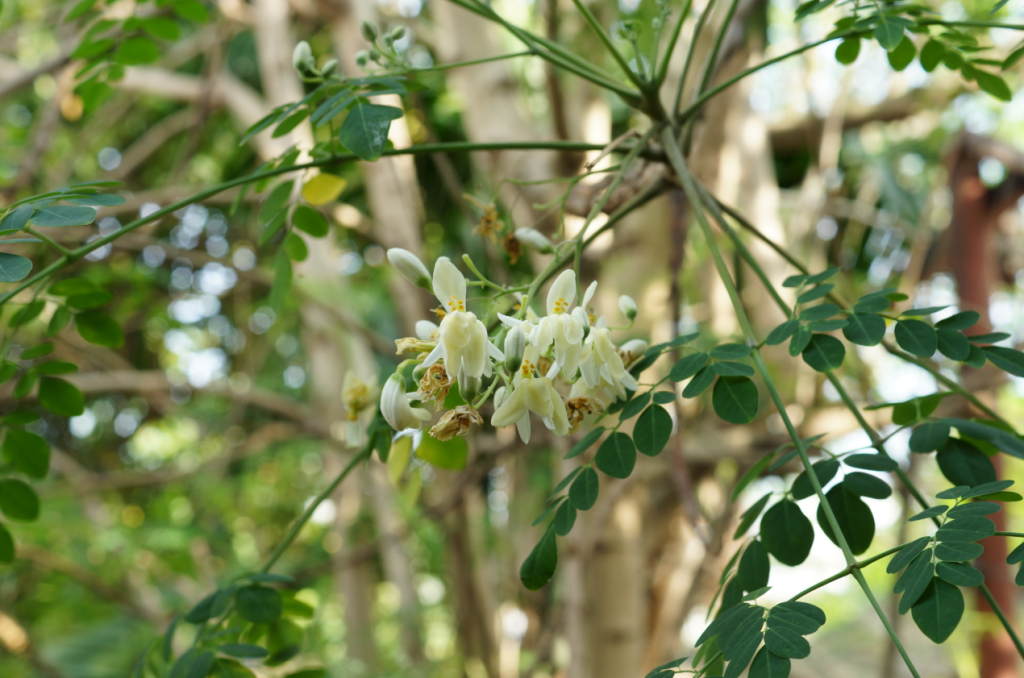
6. Supporting Heart-Friendly Lifestyles
Heart wellness depends on diet, exercise, and overall lifestyle. Moringa may contribute by offering plant sterols, fiber, and antioxidants that support healthy cholesterol levels. Early animal studies suggest promising effects, though human research is still growing. What matters most is consistency—adding moringa powder to soups or smoothies is an easy, heart-friendly habit that can fit into any routine.
7. Boosting Immunity Naturally
Moringa is rich in micronutrients essential for immune defense, including zinc, vitamin A, and vitamin C. In many developing regions, moringa leaves are included in community nutrition programs to combat malnutrition. For families seeking natural ways to strengthen everyday resilience against seasonal changes, moringa offers a simple and accessible option.
8. A Plant-Based Protein Source
Vegetarians and vegans often struggle to meet protein needs without relying on processed powders. Moringa stands out because it contains a surprising amount of protein for a leafy plant. A tablespoon of moringa leaf powder provides about 2 grams of protein along with all nine essential amino acids—something rare in plant foods. This makes moringa a valuable addition to plant-based diets.
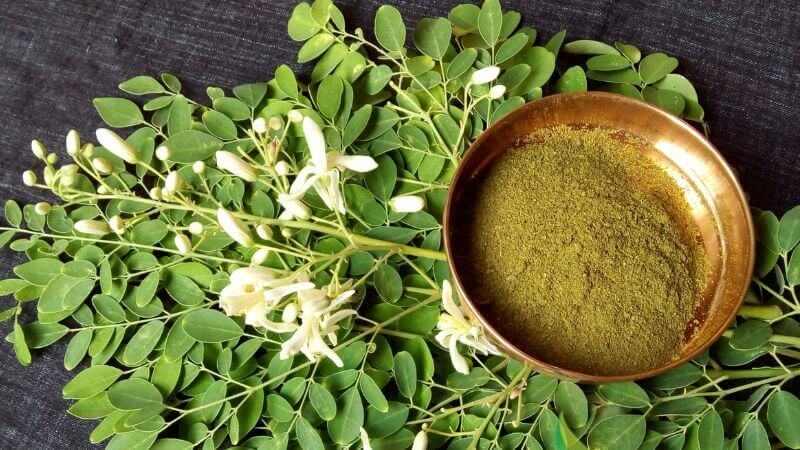
9. Better Digestion and Gut Comfort
Thanks to its fiber and natural enzymes, moringa supports smoother digestion. People who experience occasional bloating may benefit from adding moringa powder to soups or teas. In traditional households, moringa leaves are cooked with spices not just for flavor but also for their gut-calming properties. For modern eaters, incorporating moringa can be an easy way to boost digestive wellness without drastic dietary changes.
10. A Sustainable Superfood for the Planet
Beyond personal health, moringa benefits the environment. It grows rapidly, thrives in poor soil, and requires little water. Farmers in drought-prone areas rely on it as a resilient crop. Choosing moringa products supports both personal wellness and global sustainability. Unlike trendy superfoods that require extensive shipping and resources, moringa offers a practical solution that benefits local farmers and ecosystems.
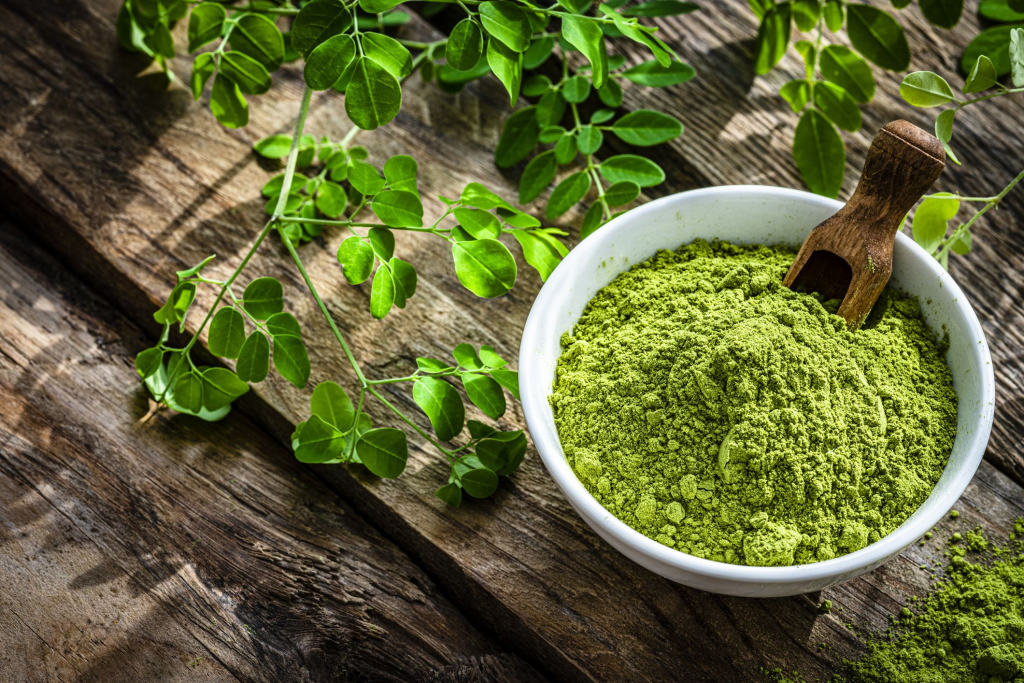
Practical Ways to Use Moringa Daily
Here are some simple ideas to bring moringa into your everyday routine:
| Method | How to Use | Why It Works |
|---|---|---|
| Morning Smoothie | Blend 1 tsp powder into fruit smoothies | Sustained energy, nutrient boost |
| Herbal Tea | Steep dried leaves for 5–7 minutes | Calming and hydrating |
| Soups & Curries | Add fresh pods or leaves during cooking | Traditional digestive support |
| Snack Boost | Mix moringa powder into hummus or dips | Easy, versatile flavor |
| Topical Oil | Use moringa seed oil on skin or hair | Natural hydration and shine |
By experimenting with these methods, you can make moringa a natural part of your lifestyle without major effort.
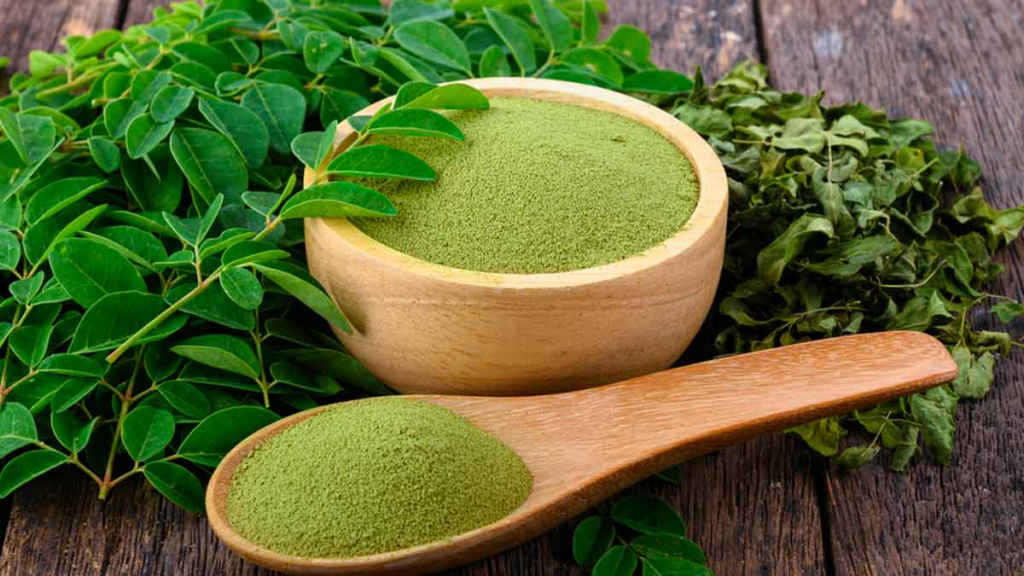
Conclusion
Moringa may not be as famous as turmeric or matcha, but its hidden potential is undeniable. From energy balance to skin glow and sustainability, this plant truly lives up to its “miracle tree” reputation. While 90% of people may not yet know about these benefits, you now have the knowledge to explore them for yourself.
Frequently Asked Questions
Is moringa safe to consume daily?
Yes, in moderate amounts. Start with ½ to 1 teaspoon of powder and increase gradually.
Can moringa replace medical treatment?
No. It may complement your lifestyle but should never substitute professional medical advice.
Which form of moringa is best?
Leaf powder is most versatile, but seed oil and fresh pods also offer unique advantages.
Disclaimer: This article is for informational purposes only and is not intended as medical advice. Always consult a qualified healthcare professional before making changes to your health routine.




